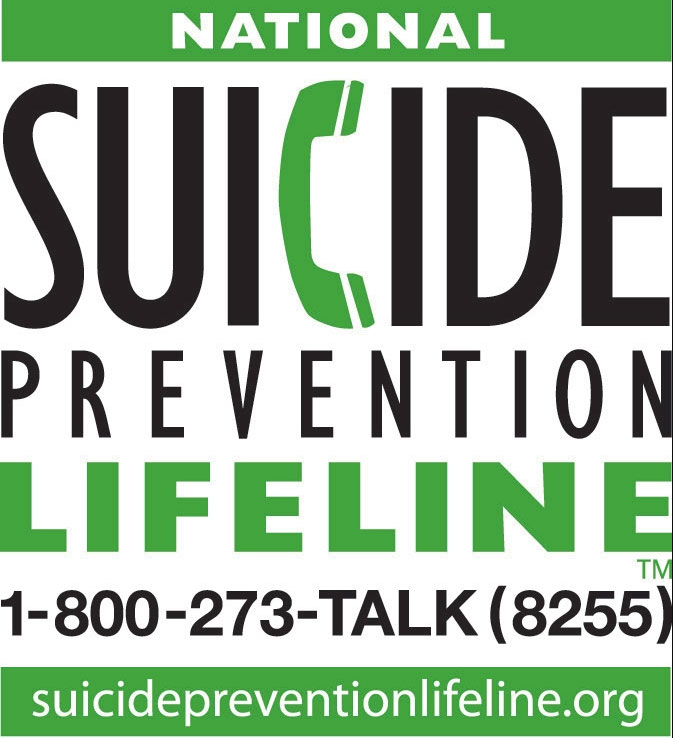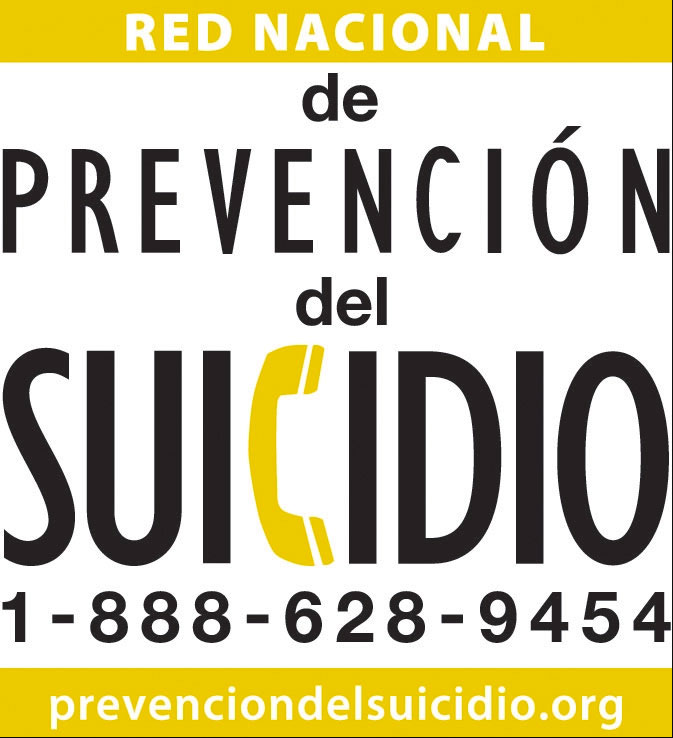Violence Survivors
Violence occurring in our communities impacts not only the individual violence survivor, but also the larger community and society as a whole. When exposed to violence of any sort, it’s common for individuals to experience a host of physical and emotional reactions. Those impacted by violence may also question their sense of personal safety, trust in the community where they live and/or trust in local agencies designed to address violence.
It’s important to know that violence of any kind does not discriminate. It can happen to anyone, regardless of ethnicity, age, sexual orientation, religion, gender, marital status, socioeconomic status or education level.
Two types of violence that affect individuals and communities are domestic violence and community violence.
- Domestic violence, also called intimate partner violence (IPV), domestic abuse or relationship abuse is a pattern of behaviors used by one partner to maintain power and control over another partner in an intimate relationship (National Domestic Violence Hotline, 2019).
- Community violence is interpersonal violence perpetrated by individuals who are not intimately related to the survivor. It usually occurs without warning and comes as a sudden, terrifying shock. Community violence includes sexual assault, burglary, mugging, the sound of gunshots, presence of gangs, drug abuse, racial tension and other forms of social disorder (Teach Trauma, 2019).
Risk Factors Associated with Exposure to Violence
- Low socioeconomic status/economic stress
- Troubled family life (e.g., broken homes, abuse, neglect, drug and alcohol misuse, minimal parental involvement)
- Poor neighborhood cohesion
- Urbanization and inner-city living
- Individual factors (e.g., gender, age, ethnicity)
- Previous exposure to violence
- Lack of social support
- Psychiatric diagnosis, including depression
Common Symptoms for Survivors of Violence
Following community violence, individual survivors may experience any of the following symptoms:
- Feelings of emptiness or numbness
- Anger, sometimes without an identifiable cause (may include aggression)
- Physical reactions (e.g., trembling, shakiness, nausea, muscle weakness, dry mouth)
- Changes in sleep and/or eating patterns
- Nightmares
- Poor work and/or school performance
- Increased substance use and/or misuse
Responses to violence are individual, and symptoms will last as long as it takes for a violence survivor to accept and learn to live with changes that have occurred as a result of violence and its aftermath. Symptom length depends on a variety of things, including the survivor’s health, coping style, culture, support system(s) and other life experiences.
Helpful Coping Strategies
- Talking with others – family members, faith leaders, and those you trust
- Exercising and eating regular, healthy meals
- Participating in things you enjoy, even if you don’t feel up to it
- Maintaining a daily routine
- Allowing yourself to experience joy and sadness, as needed
- Seeking professional help, as needed
Resources
- Substance Abuse and Mental Health Services Administration Disaster Technical Assistance Center (SAMHSA DTAC): 1-800-308-3515
- Administration for Children & Families: http://www.acf.hhs.gov
- Hotlines:
- National Suicide Prevention Lifeline: 1-800-273-TALK (8255)
- National Domestic Violence Hotline: 1-800-799-7233 and http://www.thehotline.org (English & Spanish)
- Local Sexual Assault Hotline: 901-222-4350
- National Resource Center on Domestic Violence (Physical Abuse & Intimate Partner Violence): 1-800-537-2238 ; TTY 1-800-787-3224.
- Family Safety Center: (901) 222-4400
- Local 24-Hour Crisis Line (901) 249-7611
- The Kindred Place: https://kindred-place.org/ or 901-276-2200
- Shelby County Crime Victims Center & Rape Crisis Center: shelbycountytn.gov or 901-222-3950
- Memphis Child Advocacy Center: memphiscac.org or 901-525-2377
- Memphis Area Women's Council: memphiswomen.org or 901-378-3866
- National Domestic Violence Hotline: 1-800-799-SAFE (7233)
- Memphis YWCA: memphisywca.org
- Local 24-hour Crisis & Support Helpline 1-901-725-4277
- Crime Victims and Rape Crisis Center: http://www.shelbycountytn.gov/737/Crime-Victims-Rape-Crisis-Center or (901) 222-3950



